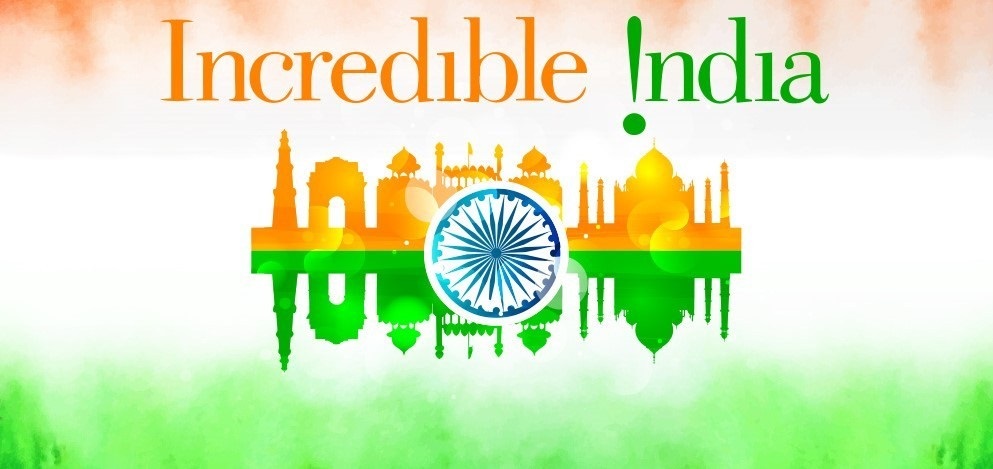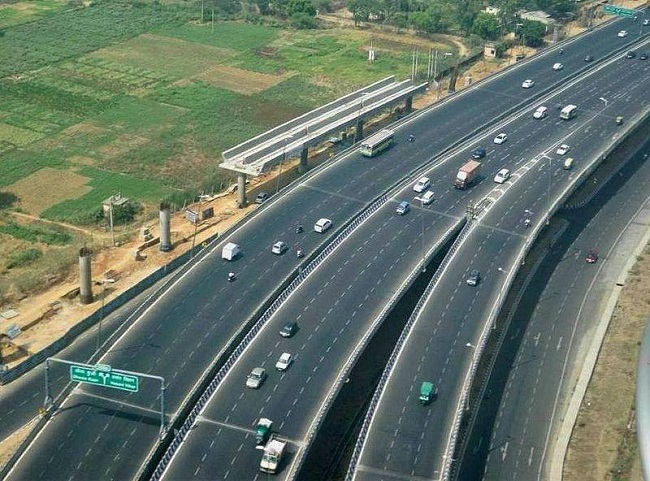India, with its vibrant cultural heritage, diverse landscapes, and emerging global influence, has the potential to be one of the world’s premier tourist destinations. Yet, despite these inherent advantages, India currently ranks 39th in the global travel and tourism competitiveness index. To rise to the top, India needs a transformative, bold approach to enhance its competitiveness in the global tourism market. As the nation moves towards its vision of Viksit Bharat 2047, now is the perfect moment to implement strategic reforms that position tourism as a driving force in India’s economic transformation.


Tourism is more than just a sector; it is a cornerstone for economic development, cultural exchange, and global engagement. India’s rich history, cultural diversity, and natural wonders make it an attractive destination. However, to realize its potential, India must address critical gaps that hold it back from competing with the world’s leading tourism hotspots.
While India shines in some areas, such as natural resources and cultural heritage, several factors require urgent reform. According to the 2024 Travel and Tourism Development Index (TTDI) by the World Economic Forum (WEF), India ranks 39th among 119 countries. Among the factors that contribute to global competitiveness, India scores well (5.88) (Score out of 7) in the availability of natural resources suitable for tourism, ranking just behind the USA and China, highlighting its potential for developing natural tourist attractions. The country also performs favourably in cultural resources (5.62) as the country is rich with cultural diversity and immense heritage attractions. A comparable score is there for non-leisure resources (5.05) as well, which refers to factors driving business and non-leisure travel, such as global cities, major corporations, and leading universities. This indicates the potential, where effective and efficient utilisation is what matters. With its immense potential, India should easily be among the top ten destinations globally. But for this vision to materialize, a radical overhaul of key weaknesses is essential.


Infrastructure Development: India’s transport infrastructure remains one of its biggest challenges. Despite its promise as a destination, inadequate air transport and ground connectivity limit tourists’ access to key regions. India’s score in air transport (4.59) and ground/port infrastructure (4.43) shows the need for vast improvements to expand connectivity and ease of travel. Additionally, the country’s Tourist Services and Infrastructure score (1.6) is alarmingly low, underscoring the urgent need for enhanced tourist facilities and services. Addressing these issues will be paramount to unlock India’s tourism potential.
Policy and Business Environment: India’s business environment scores a moderate 3.79, highlighting the need for more robust policies that attract investment into tourism. Strengthening the policy framework will not only increase business and tourism investments but also create a more dynamic and competitive sector. Furthermore, India’s tourism policies must prioritize long-term sustainable growth, particularly in the areas of safety, security, and health, where the country currently lags behind other destinations.


Human Resources and Capacity Building: India’s tourism industry struggles with human resource development, reflected in its low score in the Human Resources and Labour Market pillar. The tourism sector suffers from an underutilized labour force and lacks sufficient training and development in hospitality and tourism. India’s vast, youthful population holds the key to filling this gap, but this potential remains largely untapped. Reforms should focus on skill development and creating a talent pipeline that meets international standards, which would help bridge the gap between demand and supply in the tourism industry.
Environmental Sustainability: As a global leader, India must prioritize sustainability in tourism. With poor scores in energy sustainability, pollution control, and nature preservation, the country must adopt more environmentally responsible tourism practices. Tourism, if not managed sustainably, can damage the very resources that make India a unique destination. Sustainable development policies are crucial to ensure that tourism contributes to long-term growth without compromising the environment.
Health and Hygiene: India’s score for health and hygiene is the lowest among Asian countries, signalling a critical area that demands immediate attention. With growing global concerns about health and safety, India must implement comprehensive reforms in health standards, sanitation, and hygiene practices in tourist hotspots, hotels, and transport systems. Enhancing health and hygiene will not only improve the tourist experience but also boost India’s reputation as a safe and welcoming destination.
Government Commitment and Promotion: One of the most significant factors holding back India’s tourism industry, according to the 2024 Travel and Tourism Development Index is the lack of strong government engagement. While India’s openness to tourism is commendable, it lags behind countries like Japan, Singapore, and Malaysia in terms of government support and promotion. A more aggressive marketing strategy, backed by stronger policy initiatives, is essential to increase India’s visibility in global tourism markets. This includes prioritizing tourism as a key economic driver within national and regional policies.


Price Competitiveness: India’s affordability remains a strong point, with a score of 5.6, indicating that the country is relatively inexpensive for tourists compared to many developed destinations. However, while this advantage exists, India must continue to leverage this strength by offering more value-added experiences and services to attract high-spending tourists.
India stands at the cusp of a golden opportunity to transform its tourism sector. By addressing these critical areas—improving infrastructure, strengthening policies, focusing on sustainability, enhancing human resource development, and fostering government engagement—the country can attain its position as a global leader in tourism.
The time to act is now. With a concerted effort from both the public and private sectors, India can harness the power of tourism to not only drive economic growth but also shape its future as a developed nation. By embracing a strategic and radical reform agenda, India can turn its tourism sector into one of the cornerstones of its development story.
Let us seize the moment and create a roadmap that makes India the top global tourism destination it is destined to be. Through smart investments, innovative policies, and bold reforms, India can become a beacon of tourism excellence in the coming decades


Dr. Dileep M R
(The author is well well-known Tourism Academician and the Director, of the Kerala Institute of Tourism and Travel Studies (KITTS), Thiruvananthapuram.
dileepmadhav@gmail.com
Also Read
UK Tourism Losing its Global Position: WTTC
Watch on Youtube
